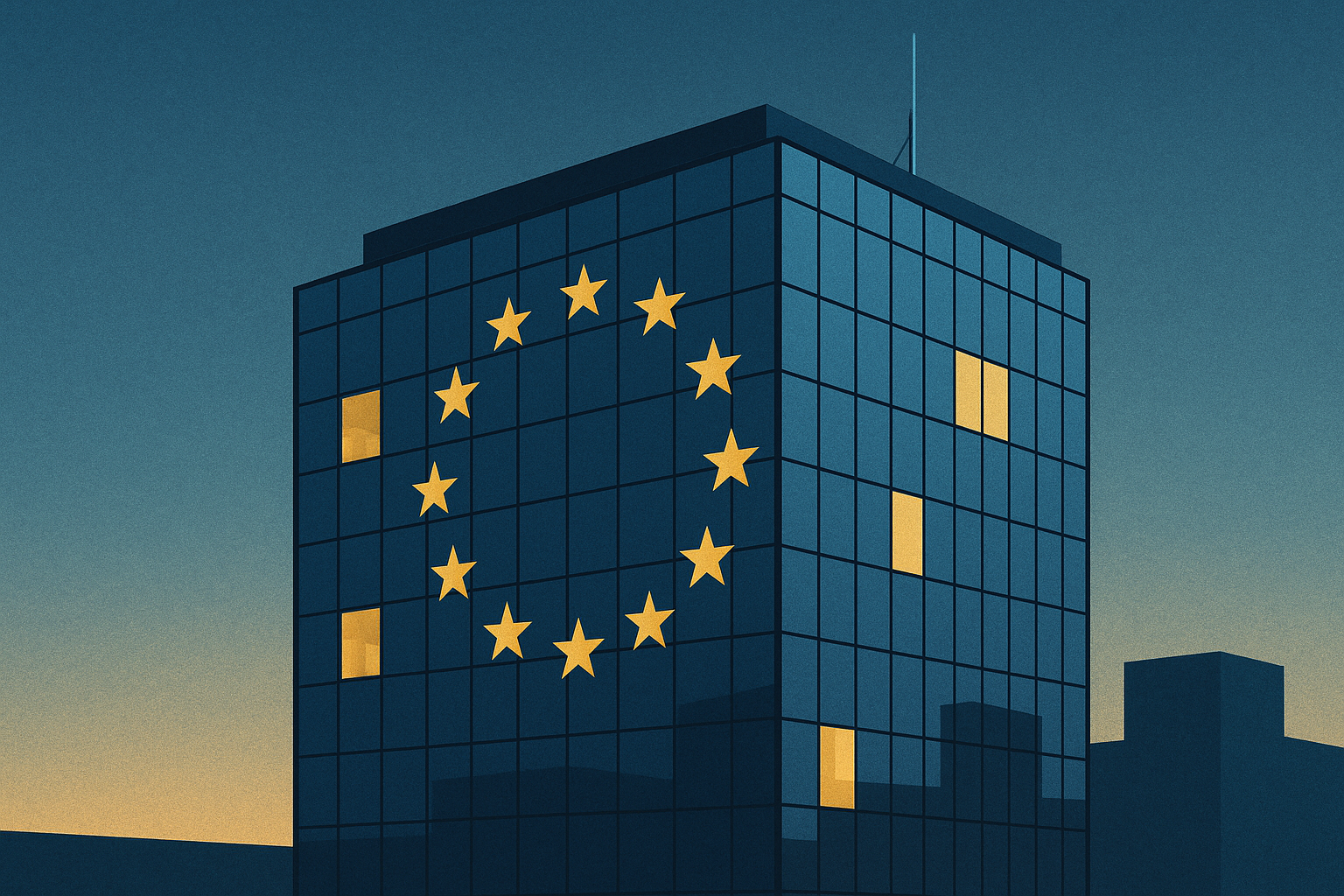The majority of large US companies are either maintaining or increasing their investments in Environmental, Social, and Governance (ESG) initiatives. Executives perceive sustainability as a driver of competitive advantage and growth, despite growing political and regulatory scrutiny leading to reduced public discourse on these matters, according to a survey by EcoVadis.
The “2025 U.S. Business Sustainability Landscape Outlook” report surveyed 400 executives responsible for business and operational decision-making at companies with over $1 billion in revenues across various industries, including consumer goods, industrial sectors, technology, and services.
The survey revealed that 87% of executives are either maintaining or increasing sustainability investments, with only 7% reporting reductions. Technology remains a significant focus, with 89% of respondents planning further ESG tech investments within the next 12 months. Key areas for these investments include ESG risk mapping tools, supplier disclosure solutions, and carbon engagement platforms.
Executives broadly see sustainability as a driver of business value and growth. For instance, 65% of executives view supply chain sustainability as a competitive advantage, citing benefits such as risk reduction, resilience, brand enhancement, supply chain performance, and cost savings. The survey highlighted that 62% of director and VP respondents and 59% of C-Suite executives believe supply chain sustainability attracts and retains customers, while over half of finance leaders (52%) see it as directly supporting growth and competitiveness. Only 19% of finance leaders consider it a cost centre.
Despite these benefits and continued investment plans, the survey indicates a trend towards “greenhushing,” where companies reduce public communication about their sustainability efforts. Nearly a third (31%) of companies are increasing sustainability investments while decreasing public promotions, with another 8% maintaining their investment trajectory but ceasing public communication about their commitments.
The survey also found concerns about potential ESG regulation rollbacks. About 47% of C-suite executives fear reduced ESG oversight could increase supply chain disruptions and affect goods flow. Additionally, 41% expect consumer prices to rise due to climate disruption management costs, and 39% worry about inflation from decreased access to essential resources. Only 4% of directors and VPs and 5% of C-suite respondents believe eliminating or reducing ESG oversight would have no negative impact on the global supply chain.
Pierre-François Thaler, co-founder and co-CEO of EcoVadis, stated: “Even as the debate over business sustainability heats up, executives are focused on the reality – sustainability is what keeps supply chains running and customers on board. To stay ahead of risks and disruption, leading companies are prioritising transparency and accountability by investing in tools that help them assess supplier performance, manage risk more proactively, and navigate evolving compliance demands.”
[Access the survey](https://resources.ecovadis.com/whitepapers/the-2025-us-business-sustainability-landscape-outlook).




